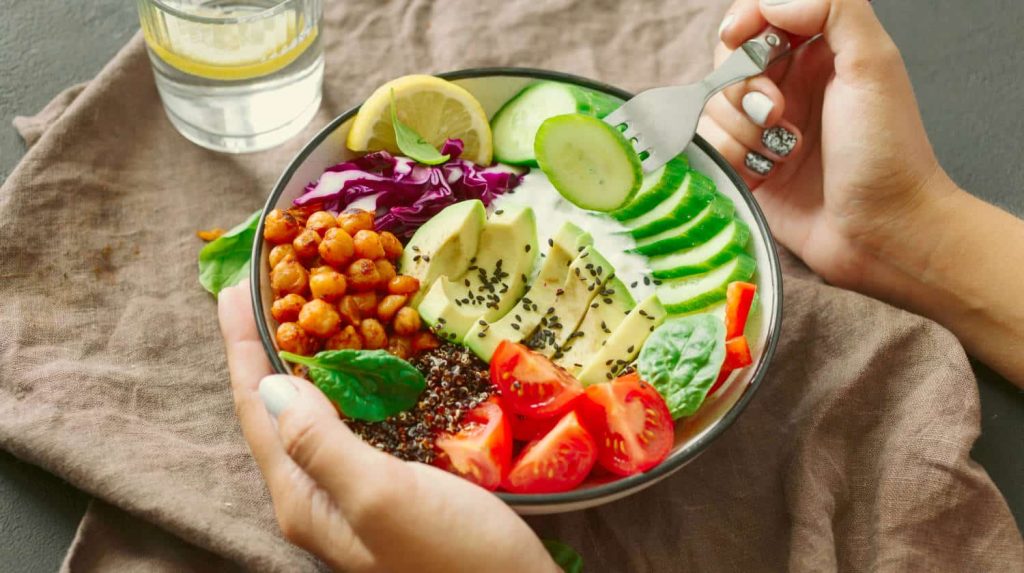Benefits of 5:2 diet for Seniors
In recent years, the 5:2 diet, also referred to as the IF diet or intermittent fasting, has become increasingly popular as a dietary approach.
Research has demonstrated that the 5:2 diet can aid in weight loss and improve insulin resistance, which is crucial for individuals who struggle with type 2 or borderline diabetes. This diet may be particularly beneficial for seniors who have these health issues.
The underlying principle of the diet is that intermittent fasting periods can promote healing in the body instead of triggering a starvation response and conserving energy. Although this concept has not been definitively proven, clinical trials have shown positive outcomes for the diet, although they were conducted over relatively short periods of time (less than a year).
Compared to traditional low-calorie diets, the 5:2 diet is becoming more popular because it allows for more flexibility on most days of the week. Many people combine intermittent fasting with a low-carb diet for greater success. Although there are various ways to utilize intermittent fasting to manage blood sugar levels, this article focuses on the benefits of the 5:2 diet for seniors seeking to improve their overall health. Keep reading to compare the advantages of this diet with those of typical eating patterns.

The 5:2 Diet involves reducing your calorie intake by consuming healthier food options.
The intermittent fasting 5:2 diet is based on a simple concept of following daily calorie recommendations for healthy weight individuals for five days a week, while fasting days can be taken any day of the week, as long as seniors don’t fast for two consecutive days. Fasting for two consecutive days can be harmful to your health, depriving your body of necessary vitamins, minerals, and proteins.
For seniors following the 5:2 diet, daily calorie intake should be:
• 2,500 k cal per day for men
• 2,000 k cal per day for women
On the other two days of the week, the diet recommends consuming only about 25% of the values above, which is equivalent to:
• 600 k cal for men
• 500 k cal for women
The Benefits of the 5:2 Diet for Senior Adults Vary From Person to Person
Although long-term clinical trials are ongoing, fasting periods have been shown to increase lifespan and lower the risk of diseases like cancer, Alzheimer’s, and nerve problems. It remains uncertain if these benefits apply to seniors who follow a 5:2 fasting diet.
Clinical studies suggest that intermittent fasting provides similar benefits to calorie-restricted diets. Seniors on the 5:2 diet often report the following benefits:
- Weight loss
- Lowered levels of triglycerides and LDL cholesterol
- Reduced blood pressure
- Improved insulin resistance
The feasibility of the 5:2 diet may depend on individual perspectives, as it allows for flexibility in daily calorie intake, but some may find a daily intake of 500-600 calories too low.
The 5:2 Meal Plan Includes a Wide Variety of Delicious Food Staples
Healthy meal options for fasting days on the 5:2 diet include low-fat foods such as eggs (65 k cal per medium egg), grilled chicken breast without the skin (190 k cal per 100g), prawns (105 k cal per 100g), and non-battered white fish (135 k cal per 100g). While all vegetables are generally low in calories, some particularly good options for very low calorie vegetables are cucumber (15 k cal per 100g), celery (20 k cal per 100g), and bell pepper (26 k cal per 100g). Of course, seniors can also substitute these options with other dark green vegetables such as broccoli, kale, or spinach. It is important for seniors to understand that the way they prepare and cook their food can make a significant difference in their health. For instance, parboiling vegetables is always a healthier option compared to frying.
For Best Results Seniors Should Decide What Works for Them on Fasting Days
To achieve optimal results, it is crucial to follow healthy eating habits such as consuming an adequate amount of fruits and vegetables while avoiding processed foods as much as possible. During the fasting days, it is necessary to consume meals with extremely low calorie counts to comply with the daily limit of 500 or 600 calories.
Recent studies have confirmed the benefits of the 5:2 diet and intermittent fasting, including its effects on seniors with type 2 diabetes. Intermittent fasting may be a promising alternative for patients with a BMI above 25, prediabetes, or type 2 diabetes who are not taking blood sugar-lowering medications due to evidence that it enhances insulin sensitivity. The diet may be more tolerable for individuals who can handle occasional days of significantly reduced caloric intake rather than daily moderate caloric restriction.
